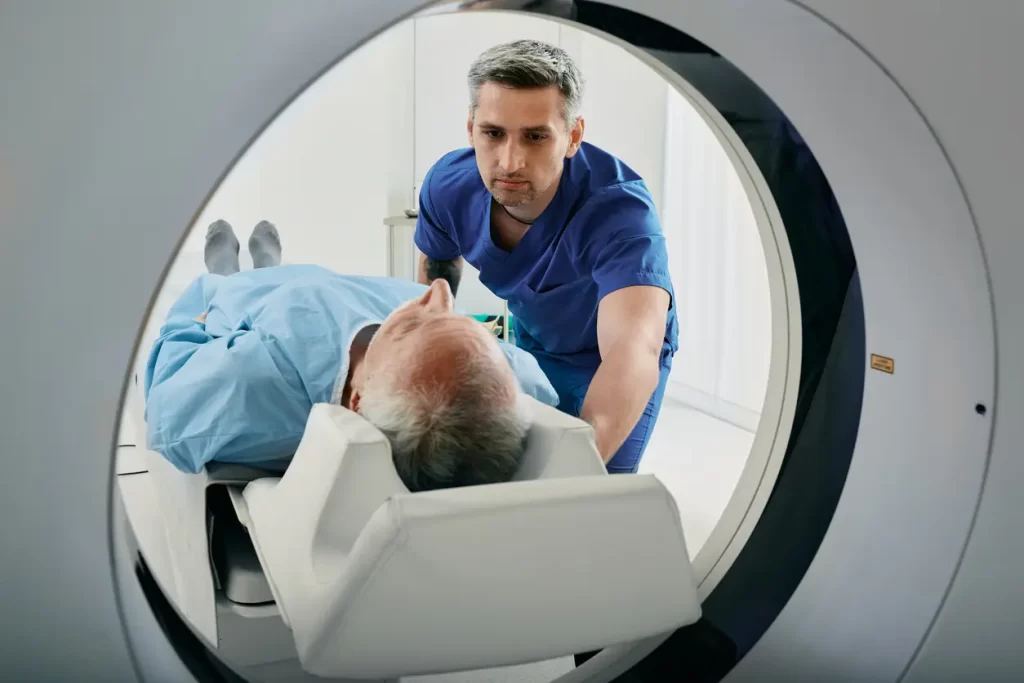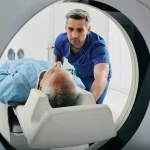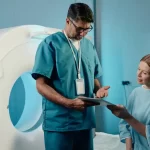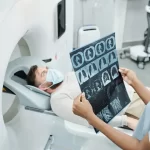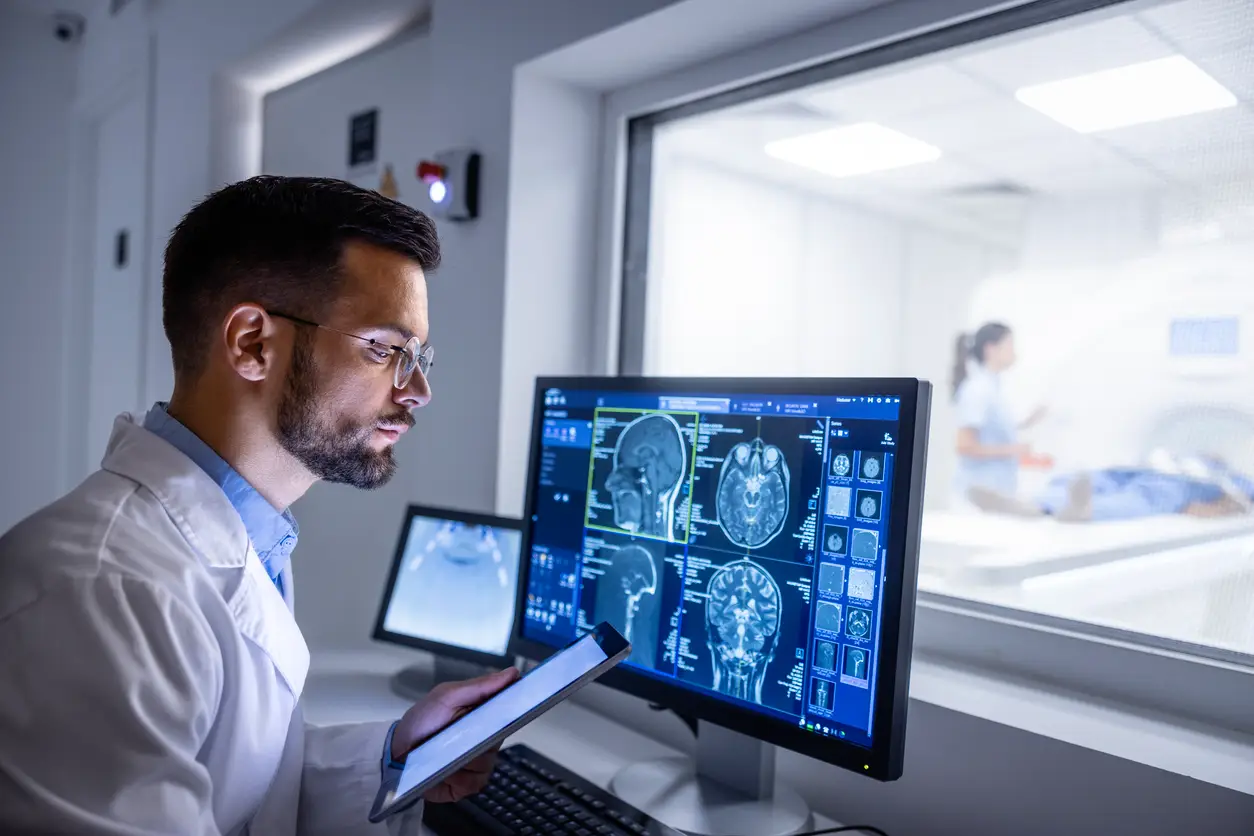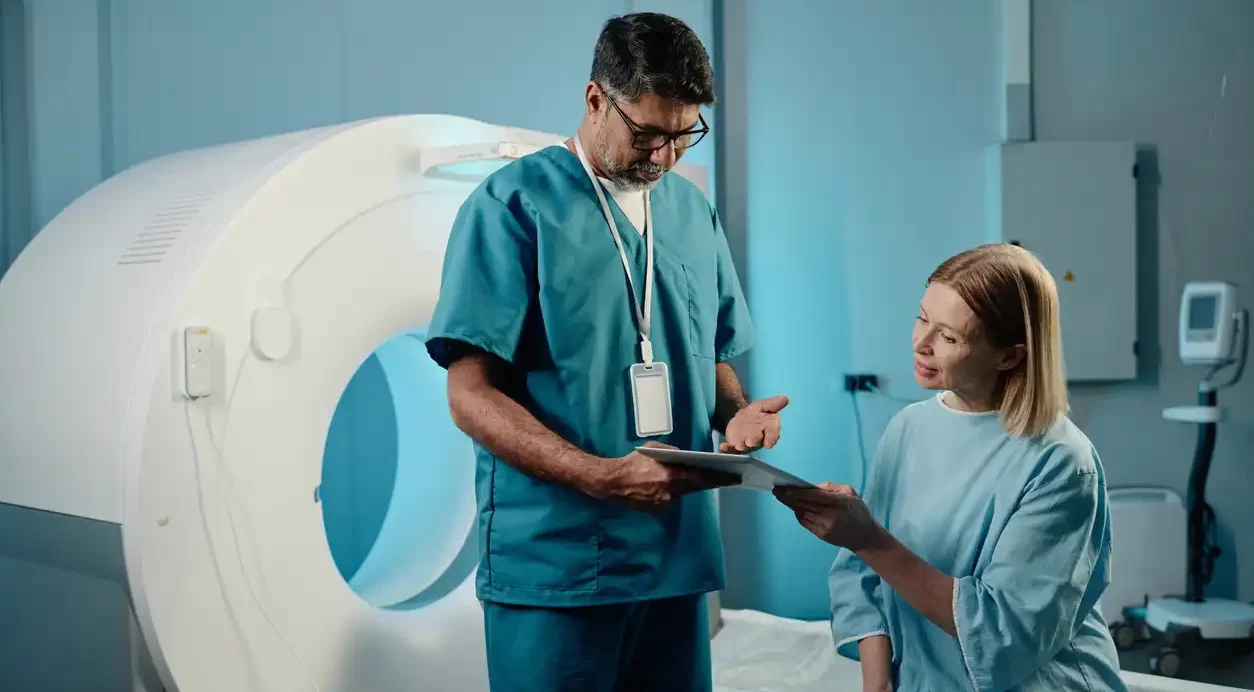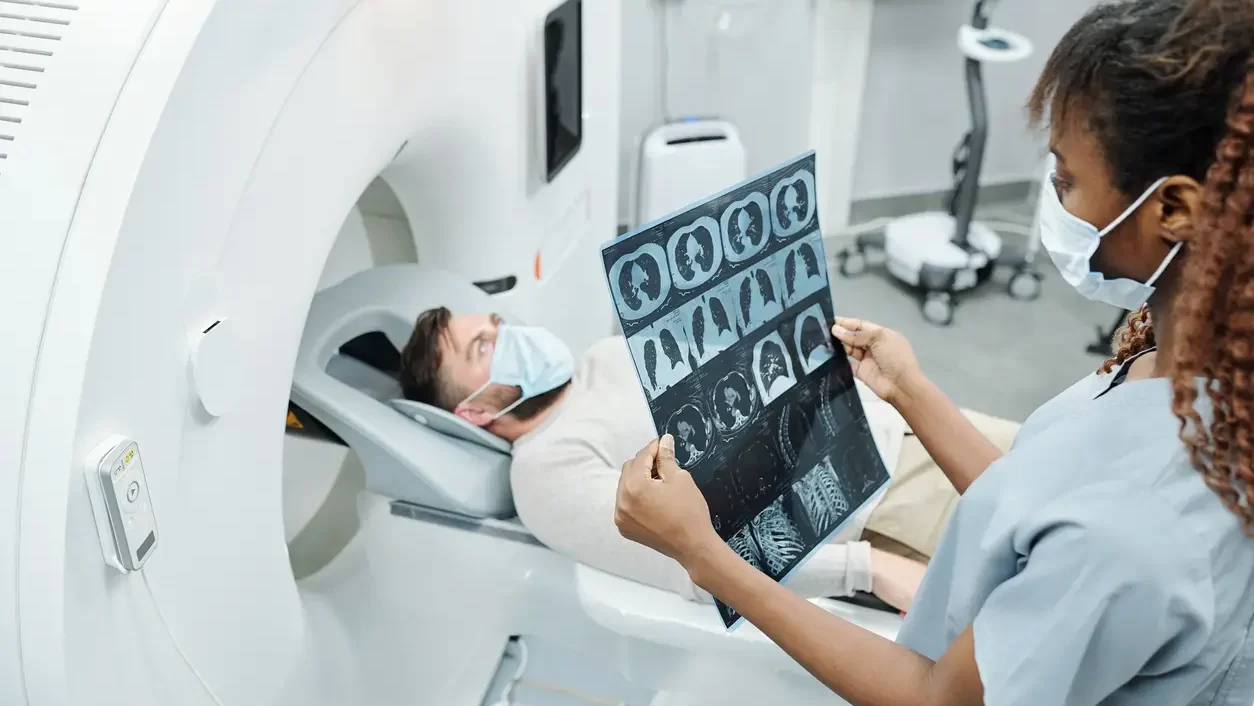Listen, nobody gets excited when they’re told they need to have an MRI. The prospect of visiting a Glendale imaging center Glendale ca and llying motionless in a noisy, confined tube to get a can unnerve even the most composed person. Whether it’s the anxiety of confined spaces, the unfamiliar noises, or perhaps just not being sure what to expect – it’s normal to feel nervous before an MRI appointment. But there’s good news: with a handful of simple tactics, you can make that big leap far more comfortable — and maybe even walk away confused about what you were so stressed out about, anyway.
Why do MRIs make so many people anxious?
The thought of being slid into a long tube with loud noises reverberating all around is a significant mental impasse for many individuals. Even if you’re not prone to claustrophobia in general, the experience of being jammed in a small space for a while can be uncomfortable. Having to remain still, the odd knocking and buzzing, and the sterile hospital setting can all contribute. There’s plenty to dread about a Glendale imaging center MRI scan — some of that is avoidable if you understand what’s happening.
What does an MRI really do for your health?
MRI No doubt, MRIs are the most advanced and useful tools in diagnostic imaging. The machine employs strong magnets and radio waves to generate highly detailed images of the inside of your body — without any radiation. In other words, your doctor can see muscles, ligaments, the brain, spine and even tiny tumors — without a single incision. What’s revealed in an MRI scan can be critical for diagnosing what is ailing you, and the sooner and more accurately your doctor can diagnose you, the better; that’s why it’s a small price to pay for a few seconds of having to hold your breath.
What can you do to help you get into the right headspace ahead of your scan?
Mentally rehearsing how the process will be can help. Most scans last from 15 to 45 minutes, depending on what part of your body is being assessed. It can be easier to digest and understand that it’s a timed, step-by-step process. Ask the center what’s in store and whether you are allowed to bring your own music or wear ear plugs. Some imaging center Glendale even allow you to pick a playlist or genre, and that can alter the entire attitude.
Does deep breathing really relax you during the scan?
Yes, it absolutely can. Concentrating on slow, deep breathing gives your mind an activity and can help prevent panic from taking over. You might try counting your breaths — for example, inhale through your nose for a count of four, pause a moment, and exhale through your mouth. The odds are good you’ll also notice your heart rate slowing and your thoughts quieting. Now instead of fretting about the sounds of the machine, you’re tuning in to your own rhythm, which brings a surprisingly calming feeling.
Is an open MRI a good choice for those who suffer from claustrophobia?
They definitely can be. Open MRI machines are much larger being a more open design, either with larger spaces or an entirely open side. This is particularly useful for people who cannot tolerate a standard closed tube. Not offered in every type of scan, an open MRI is no less effective in many cases. If you’re concerned about feeling trapped, you might want to ask your doctor if you’re a good candidate for this more comfortable choice.
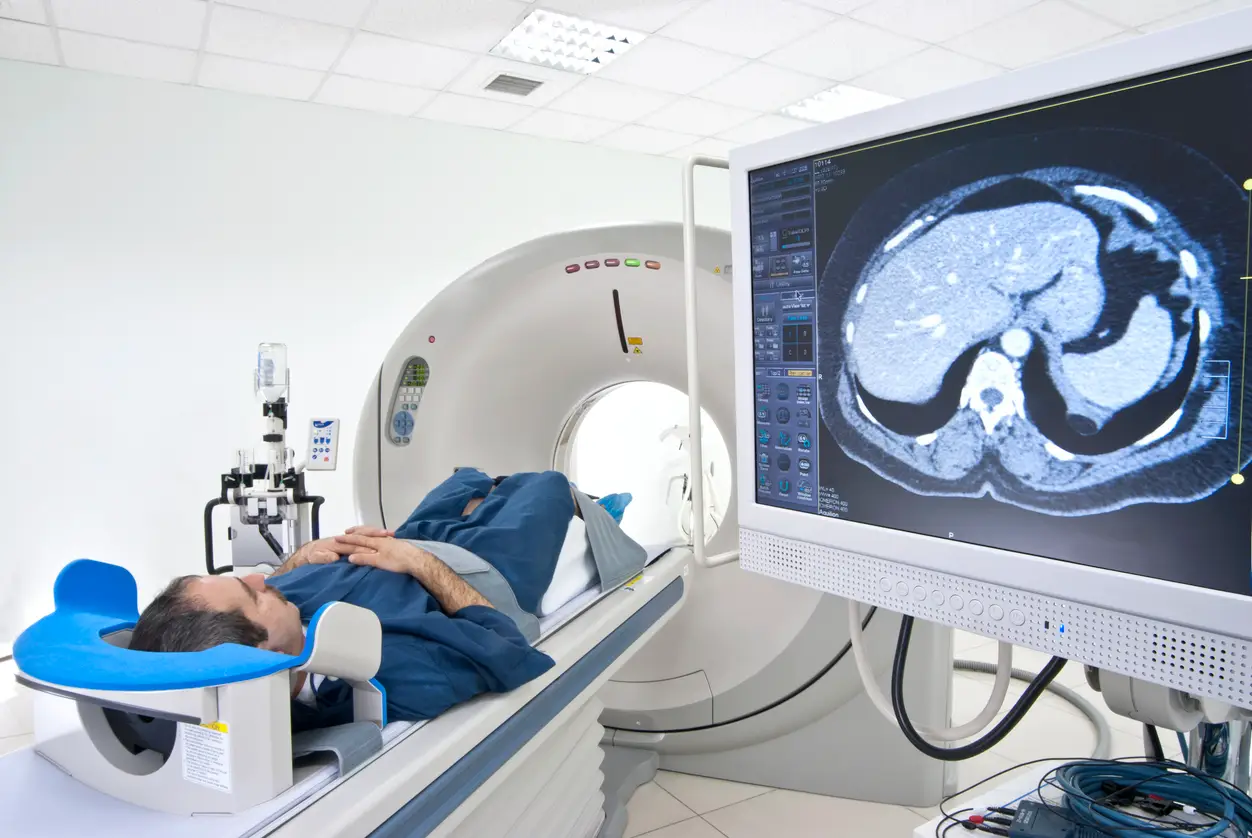
How about having to take medicine to keep calm?
For some, a low-dose sedative can be a helpful component to take the edge off. If you have had bad experiences in the past, or you know that you’re extremely anxious, ask your provider about other options. You may be given a mild anti-anxiety medication to help you relax and stay still. But of course, you will need someone to drive you home. The aim is to get you feeling loose — but still safe and able to take direction.
What can you bring to ease your discomfort during the MRI?
Metal objects, of course, aren’t permitted near the machine, but some centers provide cushions, blankets, or even weighted pads made from MRI-safe materials. Check in advance to see if these are available at your imaging center Glendale Ca. “There’s something about having something warm or supportive that can help-and it makes the space feel less clinical. Listening to music, a podcast or even white noise on your provided headphones will help mask the noise of the machine. External distractions can really make the time go by.
What does the MRI team do during the exam?
The MRI tech is your lifeline during the scan, and they are usually good at being calming and reassuring. Before the scan begins, they’ll tell you everything, make sure you’re positioned correctly and stay in touch throughout. You will be presented with a button to push if you need to stop for any reason. I think it’s just that knowing you’re not on your own makes a really big difference for nervous patients, especially when you can hear them talking to you.
Does more MRI lead to a more straightforward process?
In many cases, yes. By the time you’ve had a scan or two you start to see the pattern. The ritual becomes familiar and the fear generally begins to diminish. You might also find yourself sitting down, for the first time in a long time, to meditate, recharge your mental batteries, or take a break from the usual life-based distractions. Weird as it sounds, for some people, the MRI room eventually becomes a kind of quiet spot — once they overcome their initial jitters.
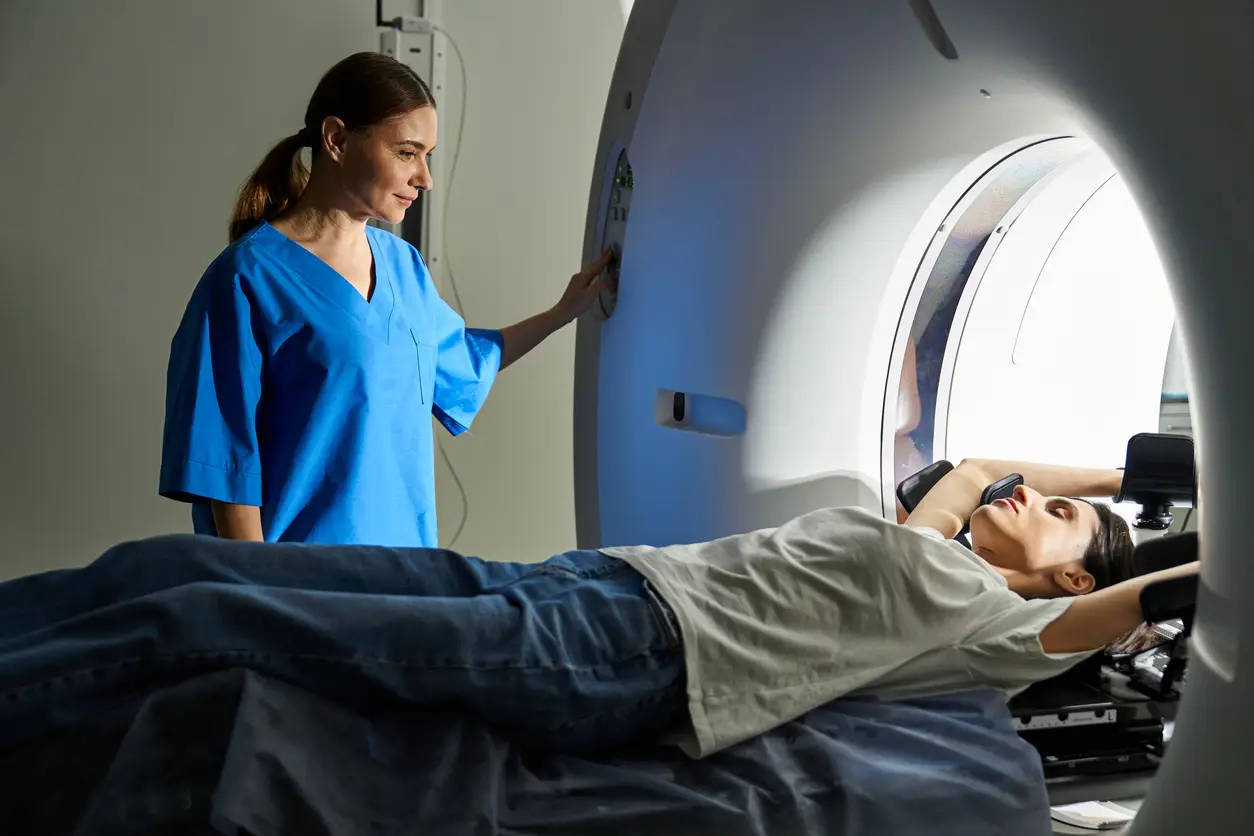
Conclusion
It’s pretty normal to feel a little nervous about an MRI — but that doesn’t mean the worry has to fill up your brain. With some preparation, soothing methods, and assistance from knowledgeable staff, things can feel more doable. Whether you choose music, breath work or simply chatting with the technologist about your fears, you will discover that you get through the scan more easily than you ever thought it would be. The best part? You’re doing something that can potentially give you important answers about your health — that’s something to feel good about.

